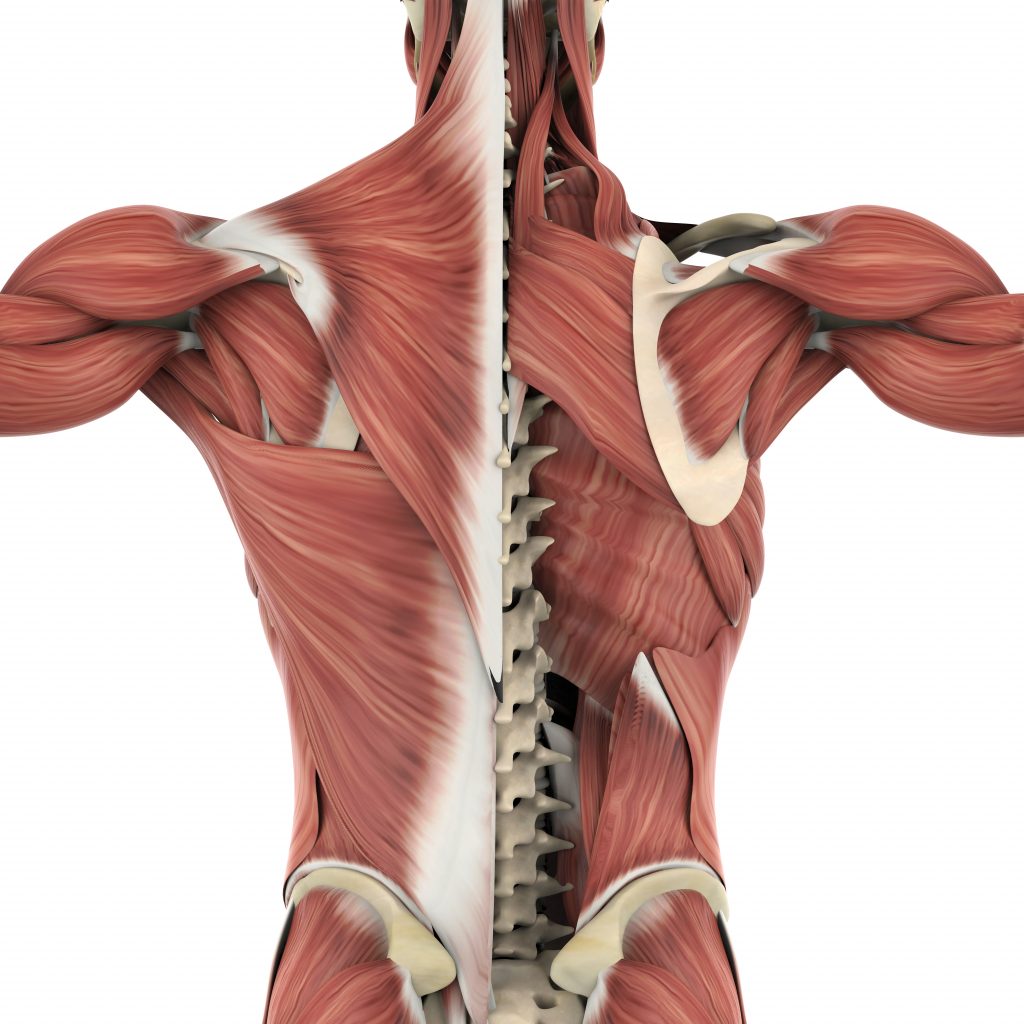How Improving Fascia Health Can Reduce Chronic Pain

You may experience chronic pain, discomfort and/or stiffness throughout your body in different areas like your muscles or joints. You may not know though, that improving your fascia’s health can significantly reduce pain throughout the body. Improving the health of this vital connective tissue will lead to better function and performance as well.
How Does Fascia Impact Pain Levels?
Fascia is a thin layer of connective tissue that holds your organs, muscles, blood vessels, and joints into place. Actually, it functions like a 3-D webbing and provides dynamic and static control to structures. This elastic connective tissue contains many nerve endings and can be highly sensitive.

Fascia is found throughout the entire body and is interconnected through various fascias kinetic chains. Your fascia kinetic chain is vital to your range of motion and mobility. For example, the fascia on the bottom of the foot is connected to the hip by way of the Achilles tendon, gastrocnemius fascia, the knee capsule, the hamstrings, and the gluteal muscles and hip capsule fascia.
Because your fascia is tied to all elements of your body, it’s important to maintain healthy fascia so you can function properly and pain free. If your fascia is unhealthy, it can tighten or become damaged and become extremely painful. Nerves and muscles are intimately involved with the fascial webbing and they must be considered as well.
Dr. Warner sees this type of connective tissue problem and its associated pain at her practice often, especially with patients who have plantar fasciitis. Their plantar fascia tightens either after a long day on their feet or after they wake up, and their fascia hasn’t been stretched for several hours.
When your fascia tightens around your muscles, it can cause myofascial pain or areas of thickening in the tissue – commonly referred to as knots. Likewise, if the connective tissue is contracted, thickened and generally does not function normally, it will cause problems with surrounding nerves, muscles, bones and joints.
How You Can Improve Fascia Health
You can improve your fascia health in a number of ways. The first way to improve fascia health is to drink more water. Your fascia tissue requires a large amount of water to function (as does the rest of you), so lack of water can lead to contractions and unhealthy fascia.

You’ll also want to avoid sugars and processed foods that can lead to inflammation. Low-grade inflammation is a major factor in chronic pain and diseases as we age. It is important to avoid the deposition of advanced glycation end products into the collagen of the fascia; this is only achieved with a healthy diet that avoids ultra-processed foods.
The Mediterranean Diet is a great way to reduce inflammation because it focuses on whole foods that are less processed and high in anti-inflammatories and antioxidants.
Stretching and strengthening the fascia is another great way to improve your fascia health. This thought process is one of the key elements to the effectiveness of Dr. Warner’s orthopedic flip flops, The Healing Sole. These flip flops help you stretch and strengthen your feet as you walk to relieve plantar fasciitis pain. As you wear these, you are also using the intrinsic muscles of your feet and by extension the longer muscles of the calf and leg.

Another way to achieve deep stretching of the fascia is through yoga. Through the guidance of an experienced yogi, you can implement deep stretching poses into your routine that will help loosen tight fascia and relieve painful trigger points.
You’ll want to avoid sitting for too long where fascia can tighten and lose its elasticity. However, you do want to practice movements safely to avoid injuring your fascia and causing inflammation.
Schedule A Consultation Today
If you’re concerned your fascia health is interfering with your ability to live pain free, then schedule a consultation at Warner Orthopedics and Wellness today!





